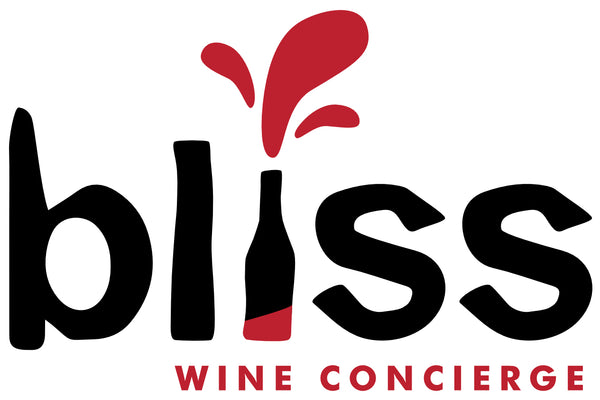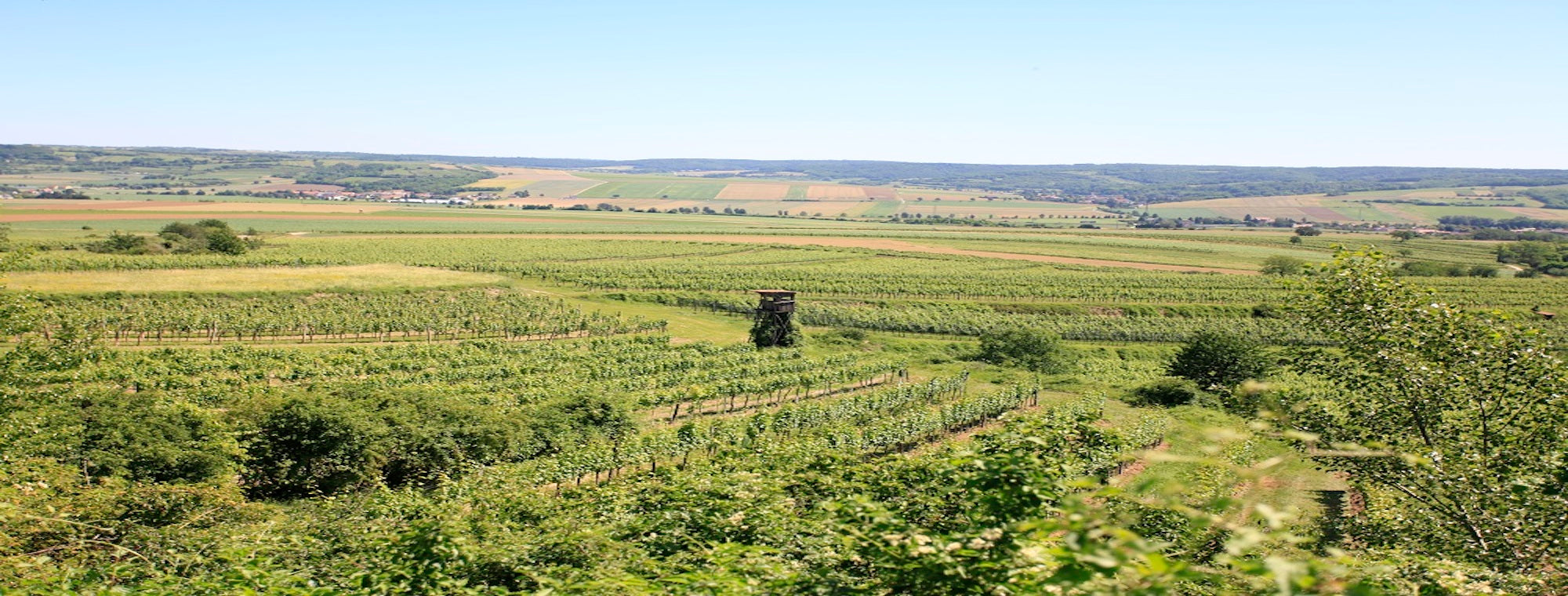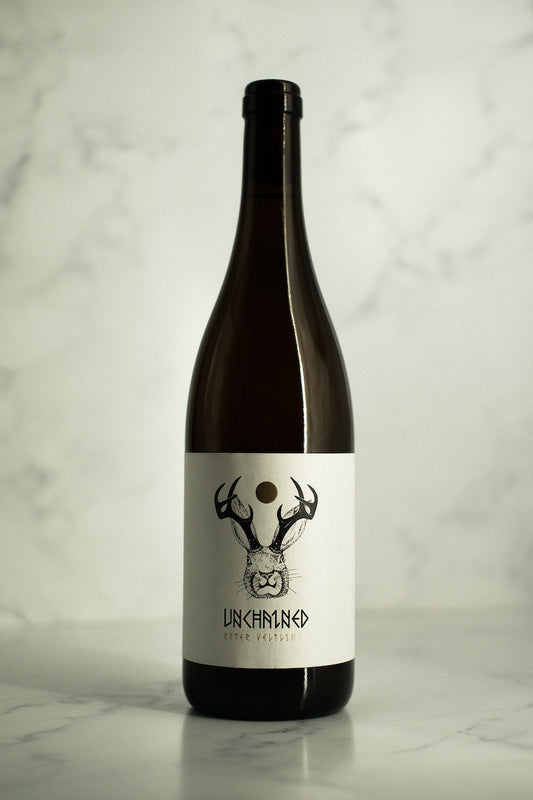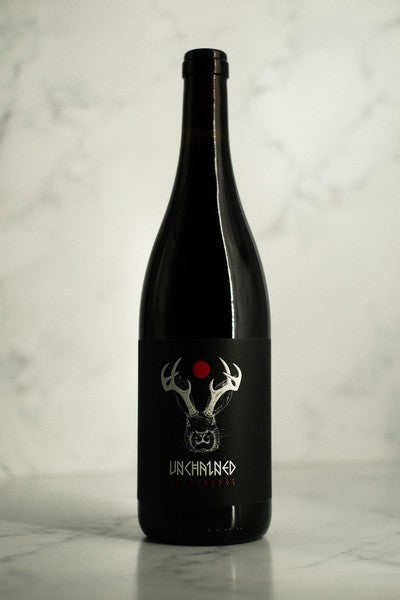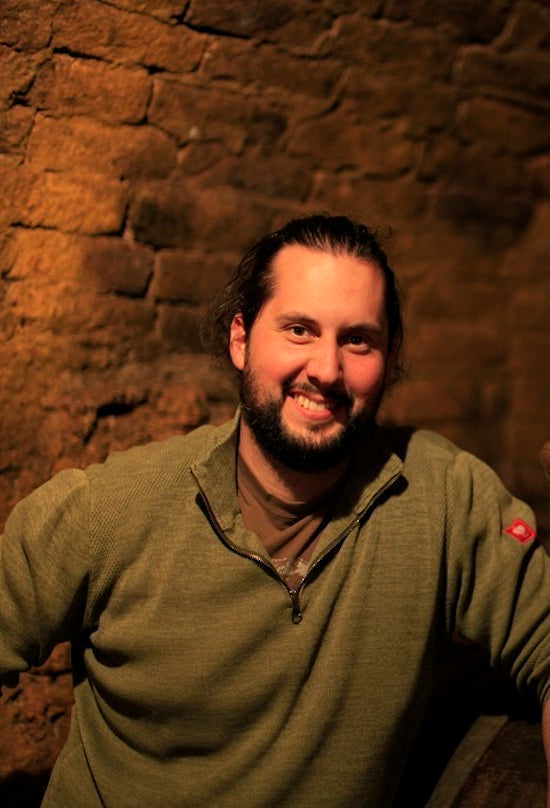
Winemaker: Martin Obenaus
Collapsible content
Winery Stats
Winery Story
Philosophy
Something Random
-
Martin Obenaus - Unchained Roter-Veltliner MV
Vendor:Martin ObenausRegular price $35.00 USDRegular priceUnit price per -
Martin Obenaus - Unchained Red MV
Vendor:Martin ObenausRegular price $30.00 USDRegular priceUnit price per -
Martin Obenaus - Mo:Rot Red MV (2023)
Vendor:Martin ObenausRegular price $30.00 USDRegular priceUnit price per
What's In the Box?
November 2023- Martin Obenaus
This month, Andrey is joined by St. Louis's sommelier star Alisha Blackwell-Calvert. They discuss the wines of Martin Obenaus, as well as the ideal wines for Thanksgiving and the new things going on in Austria that should be on your radar!
Wines tasted:
- "Unchained" Roter-Veltliner MV
- "MO-Rot" Red Blend 2020
- "Unchained" Red Blend MV
